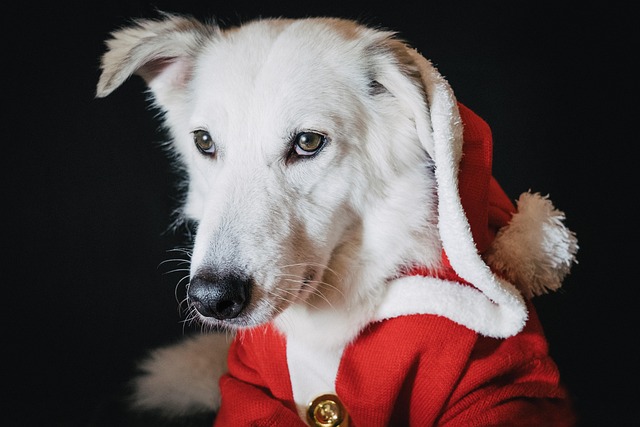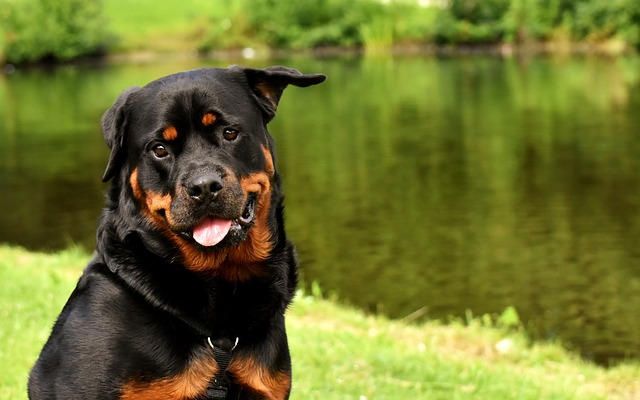
How to treat eye worms in dogs?
Spotting eye worms in dogs often starts with small, noticeable signs—squinting, redness, or your pup rubbing their eye more than usual.
Every dog owner knows the importance of keeping their furry friend hydrated, but how much water is too much? While it's natural for dogs to drink more on hot days or after exercise, excessive drinking can sometimes signal underlying health issues. Understanding the difference between normal hydration and concerning behavior could be crucial for your pet's wellbeing.
Generally speaking, a healthy dog drinks about one ounce of water per pound of body weight daily. That means a 50-pound Labrador would typically consume around 50 ounces. However, this can vary based on factors like diet, activity level, and weather conditions. When your pup starts consistently exceeding this amount by significant margins - say, drinking double their normal intake for several days - that's when you should pay attention.
Several medical conditions can trigger excessive thirst in dogs. Diabetes mellitus often leads to increased water consumption as the body tries to flush out excess glucose. Kidney disease prevents proper urine concentration, causing dogs to drink more to compensate. Cushing's disease, a hormonal imbalance, and certain infections like pyometra in unspayed females also commonly cause polydipsia (the medical term for excessive thirst). Even some medications, like steroids, can have this side effect.
Behavioral and environmental factors play a role too. Some dogs develop a habit of drinking excessively, especially if they're bored or anxious. Hot weather or salty treats can temporarily increase thirst. But if your dog suddenly starts draining their water bowl constantly without obvious environmental triggers, it's worth investigating further.
Watch for accompanying symptoms that often come with problematic excessive drinking. Frequent urination is the most obvious companion symptom - you might notice your dog asking to go outside more often or having accidents indoors. Lethargy, weight loss despite normal eating, or changes in appetite can also indicate something's amiss. A simple way to monitor is to measure how much water you put in the bowl each morning and track how much remains at night for several days.
When should you call the vet? If your dog's water intake has noticeably increased for more than a couple days, especially if paired with other symptoms, schedule a check-up. Sudden excessive drinking in an older dog warrants prompt attention. Your veterinarian will likely run blood tests and a urinalysis to check for common conditions. Early diagnosis of diseases like diabetes or kidney problems can significantly improve treatment outcomes.
For concerned pet parents, here are some practical monitoring tips: Keep fresh water available at all times while tracking daily amounts. Note any changes in weather, diet, or activity that might affect consumption. During summer months or for active dogs, expect slightly higher intake. Consider switching to wet food if your dog eats mostly dry kibble, as this provides additional moisture. Most importantly, know your dog's normal patterns - you're the best judge of what's unusual for your particular pet.
Remember, while excessive drinking doesn't always indicate serious trouble, it's never something to ignore. Your observant care could make all the difference in catching potential health issues early. When in doubt, a quick consultation with your veterinarian can provide peace of mind and ensure your canine companion stays happily hydrated without overdoing it.

Spotting eye worms in dogs often starts with small, noticeable signs—squinting, redness, or your pup rubbing their eye more than usual.

You’re cleaning up your pup’s poop and notice something strange—tiny white specks or even small worms. Panic sets in, but knowing the signs of parasites can help you act fast.

You’ve probably stood in the dog park, watching other pups strut around with glossy fur that catches the sun, while your own dog’s coat looks flat and lackluster.

If you’ve ever stared at your pup’s lackluster fur and wondered if there’s a simple fix, you’re not alone. Many U.S. dog owners swear by adding eggs to their pets’ meals for a shinier coat

If you've found a probiotic that seems to be working wonders for your dog's digestion, it's only natural to wonder, "Can I keep this good thing going daily?"

Spotting tiny, wiggly worms in your dog’s eyes is scary, but acting fast matters—especially since some parasites can spread to humans or worsen eye damage.